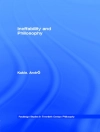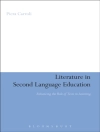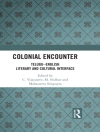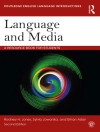In his attempts to define the uncanny, Sigmund Freud asserted that the concept is undoubtedly related to what is frightening, to what arouses dread and horror. Yet the sensation is prompted, simultaneously, by something familiar, establishing a sense of insecurity within the domestic, even within the walls of one’s own home. This disturbance of the familiar further unsettles the sense of oneself. A resultant perturbed relationship between a person and their familiar world – the troubled sense of home and self-certainty – can be the result of a traumatic experience of loss, and of unresolved pasts resurfacing in the present. Memory traces are revised and interwoven with fresh experiences producing an uncanny effect. As "an externalization of consciousness", the uncanny becomes a meta-concept for modernity with its disintegration of time, space, and self. The papers in this book seek to explore the representations of the uncanny in language, literature, and culture, applying the origins of the concept to a range of ideas and works.
Charlie Jorge & Catherine Morris
Uncanny in Language, Literature and Culture [PDF ebook]
Uncanny in Language, Literature and Culture [PDF ebook]
Compre este e-book e ganhe mais 1 GRÁTIS!
Formato PDF ● Páginas 237 ● ISBN 9781036405304 ● Editor Charlie Jorge & Catherine Morris ● Editora Cambridge Scholars Publishing ● Publicado 2024 ● Carregável 3 vezes ● Moeda EUR ● ID 10019278 ● Proteção contra cópia Adobe DRM
Requer um leitor de ebook capaz de DRM












